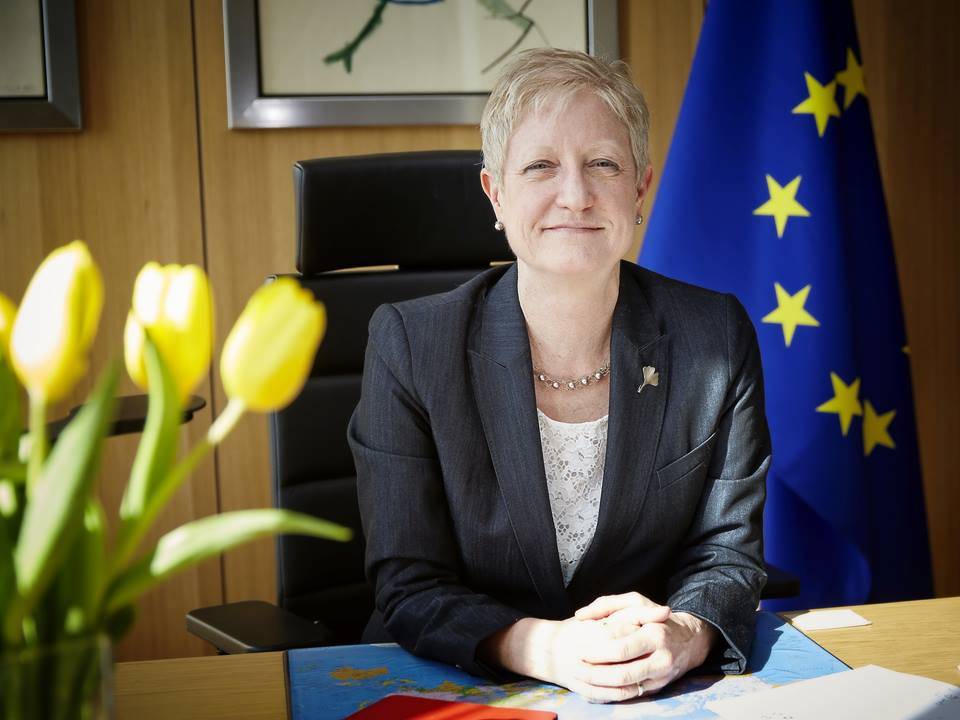Estonian diplomat Riina Kionka has assumed her new post as the European Union’s ambassador to the Republic of South Africa.
Kionka presented her credentials to the president of South Africa, Cyril Ramaphosa, on 15 October. Federica Mogherini, the European Union’s foreign policy chief, appointed her to the post on 9 October.
Kionka told Estonian World that her overarching task in South Africa is to represent the EU and its policies to the host government as well as to be “the eyes and ears of Brussels” in South Africa.
“As is usual in foreign policy, this is a team effort: the EU has quite a substantial representation (which can be thought of as the EU’s ‘embassy’ in any given country) here, with sections that focus on political and press affairs, trade and investment, development cooperation specifically targeted at raising employability and fostering innovation,” she explained.
“We also have sections that support the EU delegation’s work administratively and regarding contracts requirements. All this needs to be managed, which is also my job. Last but by no means least, the delegation also serves as a coordinating focal point for the EU member state presence in country; we work closely with our member states embassies and high commissions to maximise the EU’s impact. It’s a win-win,” she said.
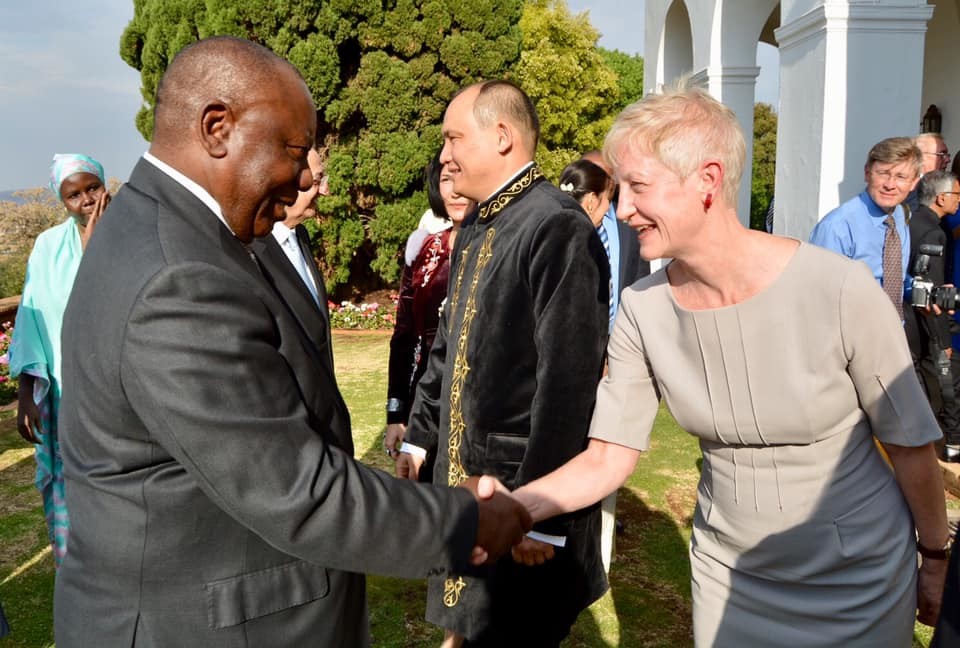
According to Kionka, Pretoria – the administrative capital of South Africa where all embassies to the country are location – is second only to the UN in New York for hosting the largest number of foreign representations in the world.
“So, most EU member states are also present, 24 of the current total of 28. Unfortunately, but understandably, Estonia is not among them, even though some Estonian businesses, such as the ridesharing company Bolt, have made inroads here.”
A special relationship
Kionka said that the EU had special relationships with ten countries around the planet.
“We call those Strategic Partnerships,” she noted. “South Africa is our only Strategic Partner country on this continent. This means the EU sees South Africa not only in a bilateral sense and as a regional leader, but also as a force on the global stage. In broad brushstrokes, the EU has three main interests: first, to increase trade and investment and boost tourism – the EU is South Africa’s number one trade and investment partner, and will be even after Brexit. One hears a lot of talk about China being the leader, but that is far from the truth, the EU accounts for 23% of South Africa’s exports; by comparison, for example, China only accounts for some 9%.”
“Our second interest is to support South Africa’s national development plan as well as this country’s efforts to address the legacies of Apartheid; and third, we wish to work together on global challenges such as combatting climate change, working toward a circular economy, promoting human rights and upholding the international rules based order.”
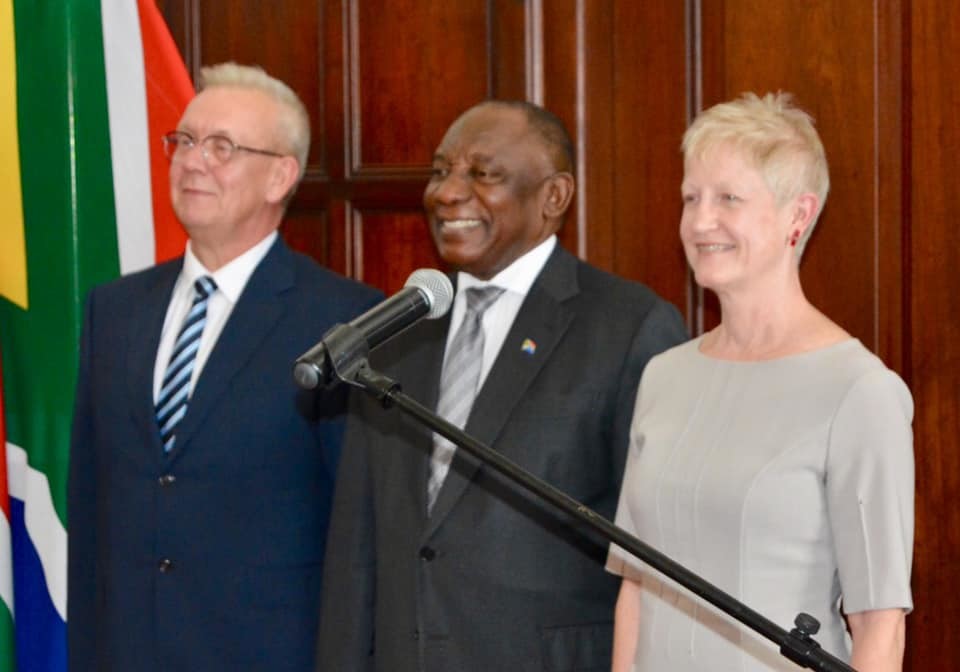
From now onwards, Kionka is going to mainly reside in Pretoria.
“I would note that it is springtime here in the southern hemisphere! This means that the cityscape is dominated by the purple flowers of the jacaranda trees, for which Pretoria is famous. Sort of like cherry blossoms in Japan but only an extravaganza of purple instead of pink.”
First choice of posting
“It is very warm and dry here, so it feels slightly odd for someone used to the changing colours of leaves and the brisk temperatures of autumn,” Kionka said of her first impressions. “What has impressed me most so far though, is another kind of warmth that has nothing to do with meteorology: that of the people. People seem very friendly and open and accepting. It is standard for a complete stranger to greet you by smiling and saying, ‘Hello, how are you?’ and then actually waiting for the answer! Imagine! That would never happen in Estonia!”
And even though South Africa has a reputation of being a country with high crime, Kionka wasn’t afraid of that at all.
“South Africa was my first choice of posting! I wanted to come here! Yes, the crime here is terrible and, especially, violent crime, and, in particular, that perpetrated on women and girls. And it hurts the potential of this country to attract the foreign investments it so desperately needs.”
“But I am no stranger to living in crime-ridden places: I studied in New York City in the early-to-mid 1980s. This was before Rudy Giuliani became mayor of New York. Giuliani’s reputation has been adjusted somewhat, thanks to his current activities, but New Yorkers of all political persuasions still remember his tenure at City Hall as the watershed in cleaning up crime in NYC and turning the Big Apple around. So, if it can happen in New York, it can happen here, too.”
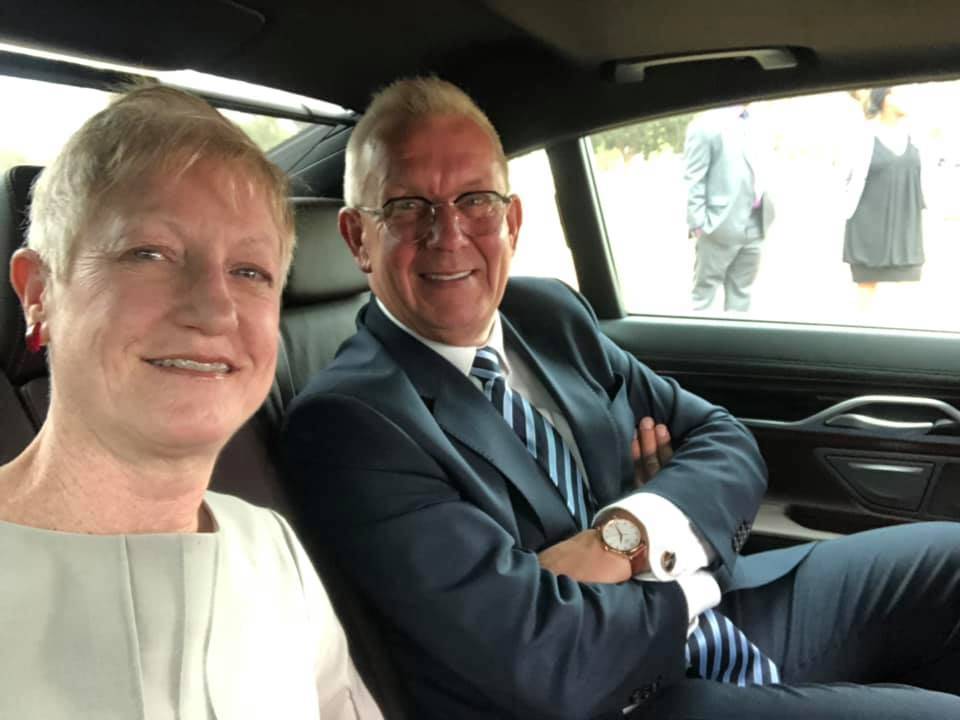
Most recently, Kionka was the chief foreign policy advisor to the president of the European Council, Donald Tusk, which made her the most influential official of Estonian nationality in the European Union.
An accidental diplomat
Kionka was born in Detroit, Michigan, in 1960 to an Estonian mother and an American father of German descent. She’s a diplomat by accident, as she told Estonian World in an interview in 2017. As a kid, she wanted to become a musician and a conductor. However, fate had other plans for her.
“At some point during high school I decided I didn’t want to spend the hours in dingy, windowless basement practice rooms that it would take to be good enough to become a professional performer, which is always the path to becoming a conductor. So, when I entered university, it was with the thought of studying law. That lasted until I found out what kind of work lawyers actually do.”
So, instead of pursuing a career in music – or law, for that matter – she began moving towards international relations, which, she told Estonian World, had always been an interest of her’s – “for genetic reasons, from a very early age. My mother’s and grandparents’ refugee experience was formative for me.”
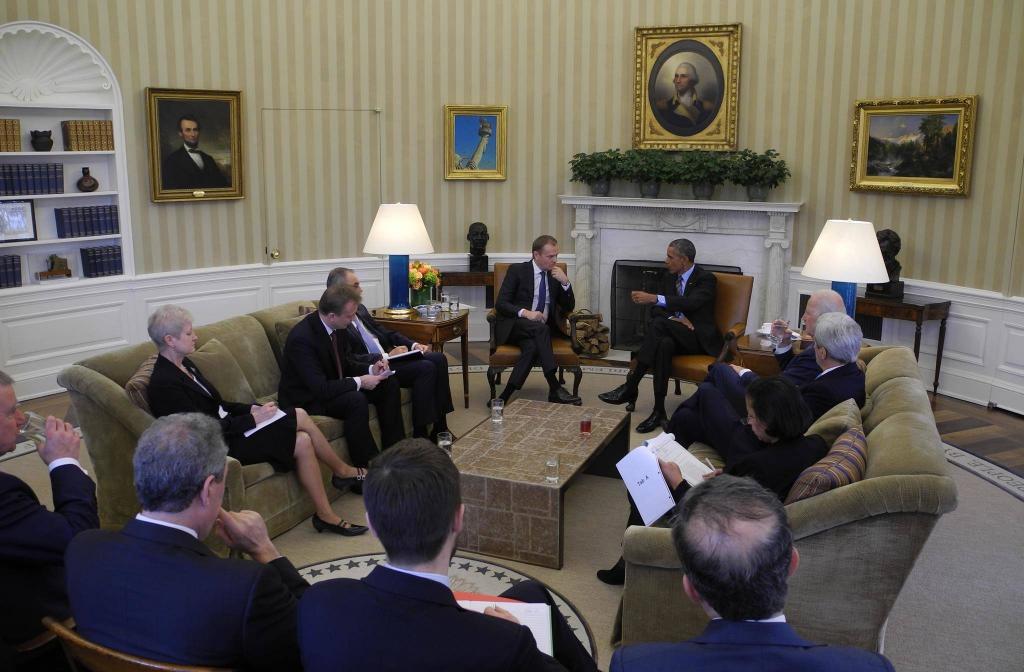
Kionka has also worked as an analyst at Radio Free Europe, before joining the Estonian Ministry of Foreign Affairs in 1993. She was Estonia’s ambassador to Germany from 2000-2004; in 2005, she joined the Council of the European Union where she headed a unit dealing with transatlantic relations and the United Nations. In 2007, she became Javier Solana’s special representative on human rights and in 2014 she joined Donald Tusk’s cabinet as chief foreign policy adviser.
Cover: Riina Kionka in 2017 as Donald Tusk’s chief foreign policy adviser.

